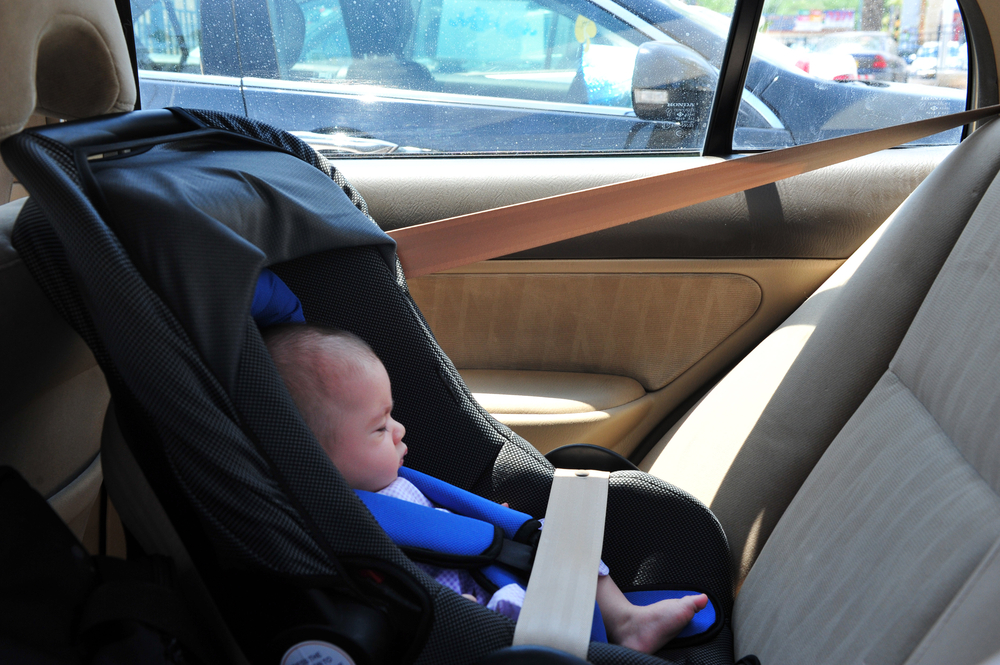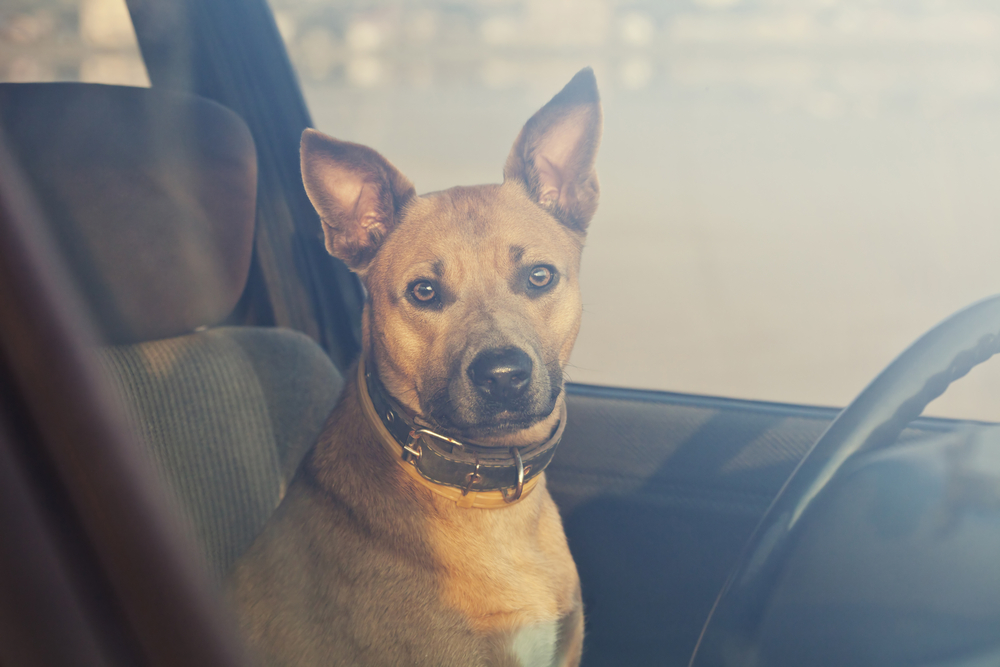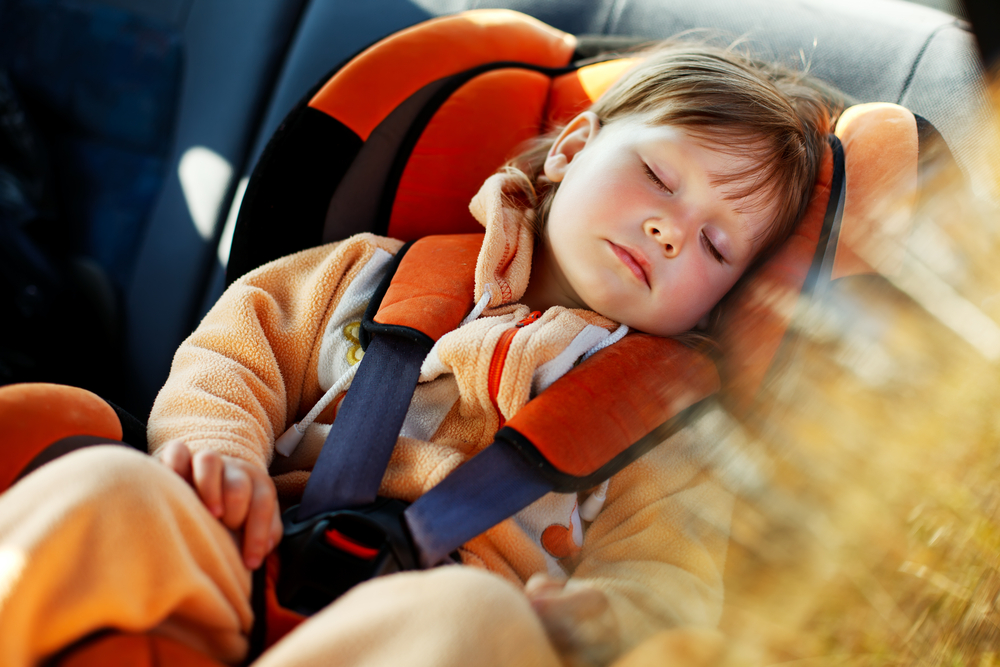Cover photo by Ipatov
Very few adults (if any at all) leave a child or a dog in a hot vehicle on purpose. Most incidences of death and serious injuries are caused not deliberately but by a lack of awareness.
There are several points that are vital to keep in mind regarding the dangers of children or animals being left inside vehicles. Statistics show that over 40 children in the United States die each year in overheated vehicles and 61% of children under 14 die from heatstroke (non-crash incidents). The dangers are highly underrated.
One of the little known facts regarding fatalities in overheated cars is that, although most of the cases happen during the summer months, there are in fact heatstroke deaths in vehicles all year. The fact that the weather is not very hot does not always mean the temperature is not dangerous inside a vehicle.
It’s a common misunderstanding that parking in the shade and leaving a window cracked open a few inches will ensure the safety of a child or animal. This is not the case. It takes 10 minutes for temperature inside a car to increase by 20 degrees Fahrenheit, and the body temperature of a child can rise five times faster than that of an adult. Also dogs cannot regulate their own temperature inside a locked vehicle.
Apart from death, heatstroke can cause serious injuries including blindness, permanent brain damage and loss of hearing. The risks are much higher than most people are aware of. There are a few precautions that parents and others who are transporting children can take in order to ensure their children’s protection from the horror of heatstroke.
1. One of the most common ways of children ending up injured or dead from heatstroke in a vehicle is the child getting into the vehicle on his or her own without the adult’s knowledge.
This cause accounts for 32% of fatalities in overheated vehicles. Therefore make sure your vehicle is always locked when you are not in it. Even if you don’t have children or your children are not around, there is a chance a neighbor’s child may climb into it to play. Children love playing inside vehicles, and it’s not worth taking any chances. Always lock the doors and the trunk. It is literally a matter of life and death.
2. Fifty-four percent of heatstroke deaths in vehicles were the result of the adult not remembering the child was there.

This often happens when the adult is not in a routine of collecting the child and the child is either quiet or asleep when the adult leaves the parked car. Whenever you have a child in the vehicle with you, put something on the back seat with the child that you cannot leave the vehicle without. This could be, for example, a purse or wallet. This way there is no way you could forget your child. It’s important to do this even if you think you’ll remember. It’s really not worth taking any chances at all.
3. Never leave a child alone in a vehicle even if you’re literally just going to be five minutes.
Heatstroke happens so quickly, and you never know if you will be delayed even for a minute or two. It’s not worth the risk.
4. Hot cars are fatal for dogs.

This tragic situation happens to dogs that are left in cars even for a just minute. It has been documented that a 90 degrees Fahrenheit day can rise up to 160 degrees in just minutes. Heatstroke in dogs can lead to brain damage and death, and it develops in dogs because they cannot reduce their body temperature inside a locked vehicle.
If you see a child or a dog left in a hot car, call the police immediately. In a dire situation take the steps to remove the child or dog from the vehicle, and then wait for the police to arrive. Don’t leave the scene until the problem has been resolved.
The risks of leaving a child (or animal) in a hot car are extreme and the consequences are devastating. Even though it may seem you don’t have an option at times, it’s important to remember the statistics. Ask yourself this question if the worst was to happen, would your current reasoning really be valid? Never take the chance.
Author Profile: Aria Meyer is a freelance writer and an active blogger. She writes mainly about fashion and technology, but she also writes about other topics too. She is currently working with several Ecommerce websites to help them with content. Aria got her Bachelor Degree from Cal State Long Beach and currently living in Walnut, CA. Right now, she is working closely with EDisasterSystems.com to help them grow the marketing department.
